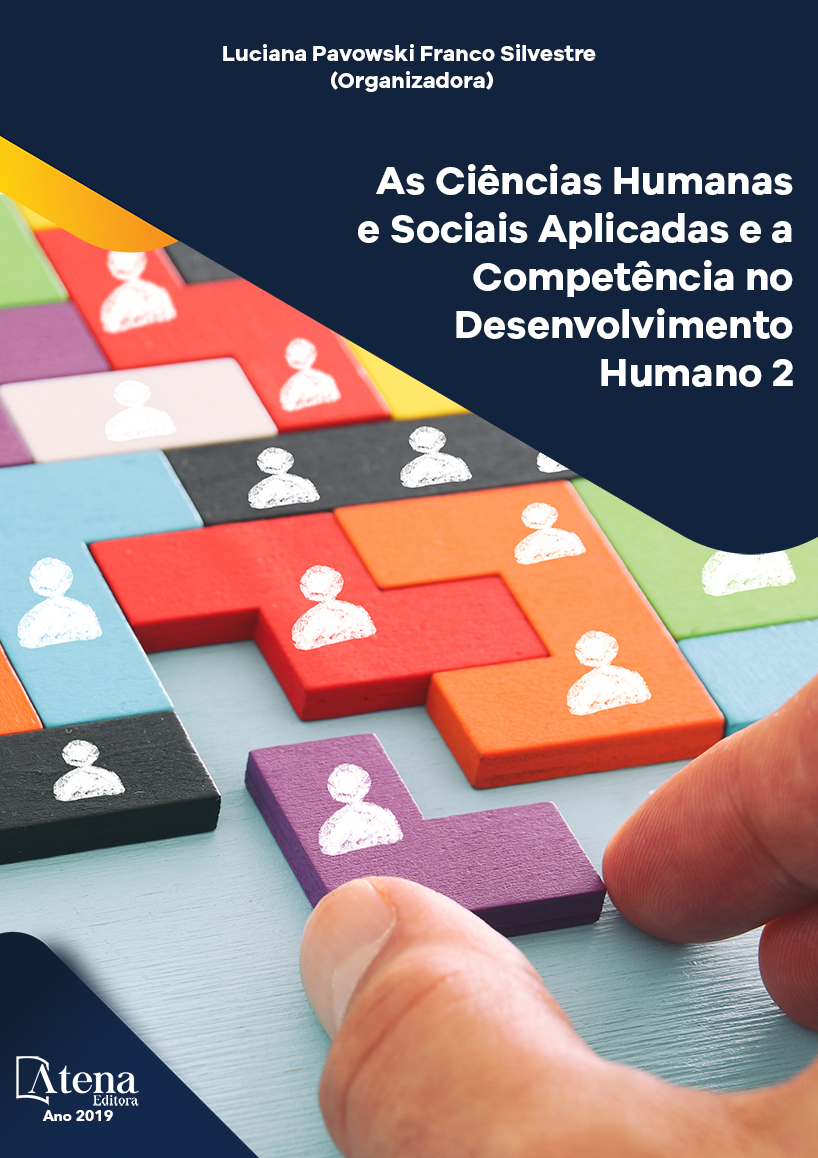
A TECNOLOGIA DA LINGUAGEM JURÍDICA E A PARIDADE NO ACESSO À JUSTIÇA
O presente trabalho tem como
objeto o acesso à justiça, que é um dos
mais importantes direitos garantidos aos
cidadãos, sendo considerado um dos
pilares para a efetivação de todos os direitos
constitucionalmente resguardados, afirmando
que a lei não excluirá da apreciação do Poder
Judiciário lesão ou ameaça a direito. O Estado
tem como deveres garantir o acesso à justiça,
como também prover meios para que o indivíduo
esteja apto ao processo, de forma a positivar
o princípio da isonomia e a paridade, para
que, em tal contexto, sobrevenham resultados
efetivos e seja oportunizado o acesso à justiça.
O presente estudo suscita a discussão acerca
da acessibilidade, quando mister se faz a
compreensão das tecnologias de linguagem
jurídica, pois empregadas na linguagem
culta dos idiomas, quando estas tornam-se
empecilho ao efetivo acesso à justiça, como
também auxiliam na manutenção da normapadrão
da língua e da atividade advocatícia.
Deste modo, o trabalho realiza uma análise
qualitativa, através do método hipotéticodedutivo,
por meio da revisão bibliográfica da
literatura jurídica e linguística, bem como dos
construtos legislativos, também abordando de
modo interdisciplinar ao Direito, as disciplinas de
História, Sociologia e Gramática, contrapondo
as técnicas empregadas pelo estudo jurídico,
face à popularização da compreensão das
normas pelos cidadãos.
A TECNOLOGIA DA LINGUAGEM JURÍDICA E A PARIDADE NO ACESSO À JUSTIÇA
-
DOI: 10.22533/at.ed.15019060718
-
Palavras-chave: Acesso à justiça; Estado democrático de Direito; Linguagem jurídica.
-
Keywords: Access to justice; Democratic state; Legal language.
-
Abstract:
The present research aims to study
the access to justice, which is one of the most
important rights guaranteed to citizens, and is
considered one of the pillars for the realization of
all constitutionally protected rights, stating that
the law will not exclude from the appreciation of
the Judicial Branch injury or threat to law. The
State has, as its duty, to guarantee the access
to justice, as well as to provide the means for the individual to be able to process, in
order to positivize the principle of equality and parity, in such context, effective results
must emerge. The present study raises the discussion about accessibility, when it is
necessary to understand the technologies of legal language, when they become an
obstacle to effective access to justice, but also help in the maintenance of the normstandard
of language and advocacy. In this way, the work carries out a qualitative
analysis, through the hypothetical-deductive method, through the bibliographical
revision of the legal and linguistic literature, as well as of the legislative constructs, also
approaching in an interdisciplinary way to the Law, the disciplines of History, Sociology
and Grammar , opposing the techniques employed by the legal study, in view of the
popularization of citizens’ understanding of norms.
-
Número de páginas: 15
- Diego Henrique Damasceno Coêlho
- Camila Braga Corrêa
- João Pedro Schuab Stangari Silva
- Luíza Carla Martins da Rocha Tuler
- Natália da Luz Mendes
- Rinara Coimbra de Morais
- CAMILA BRAGA CORREA


